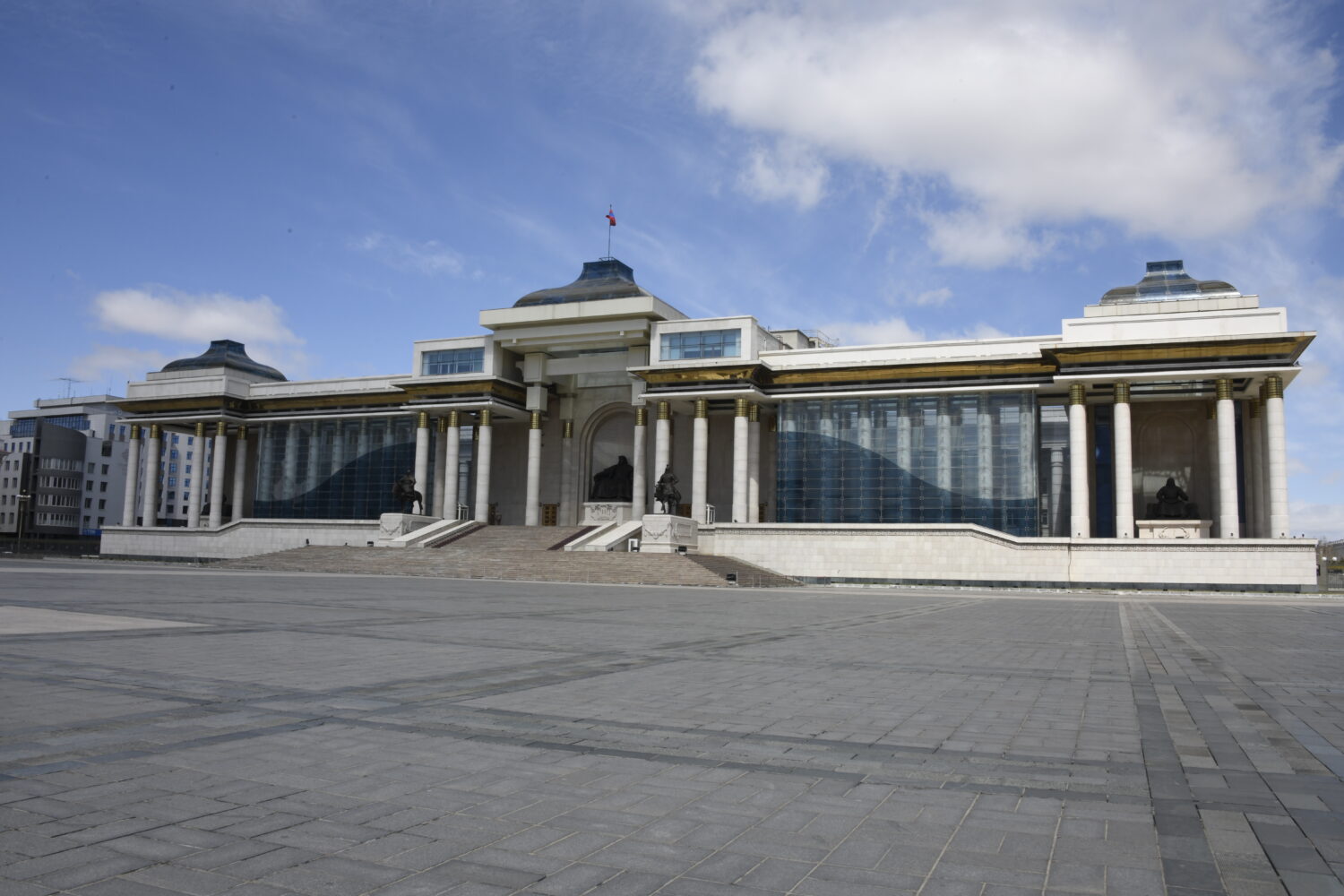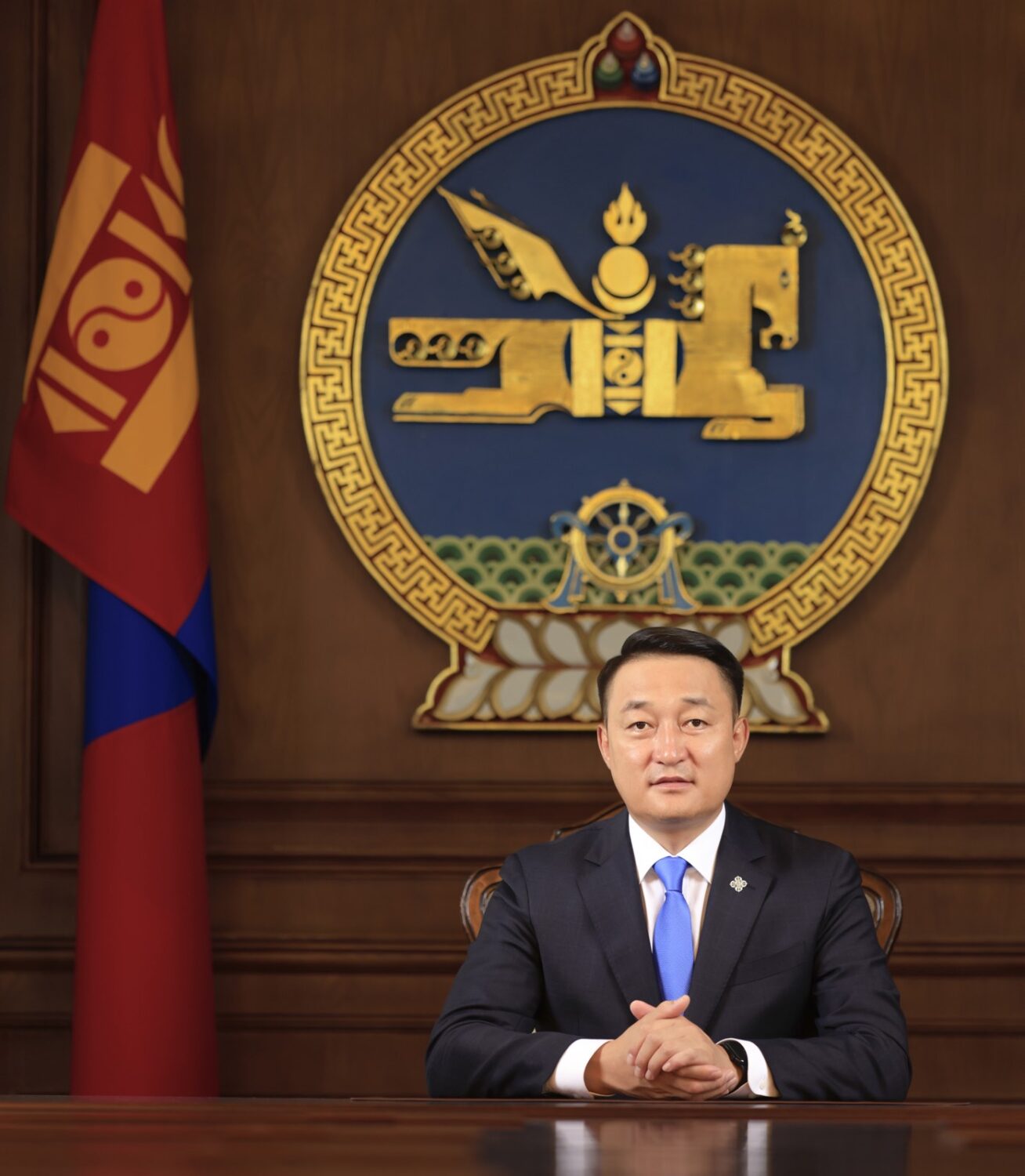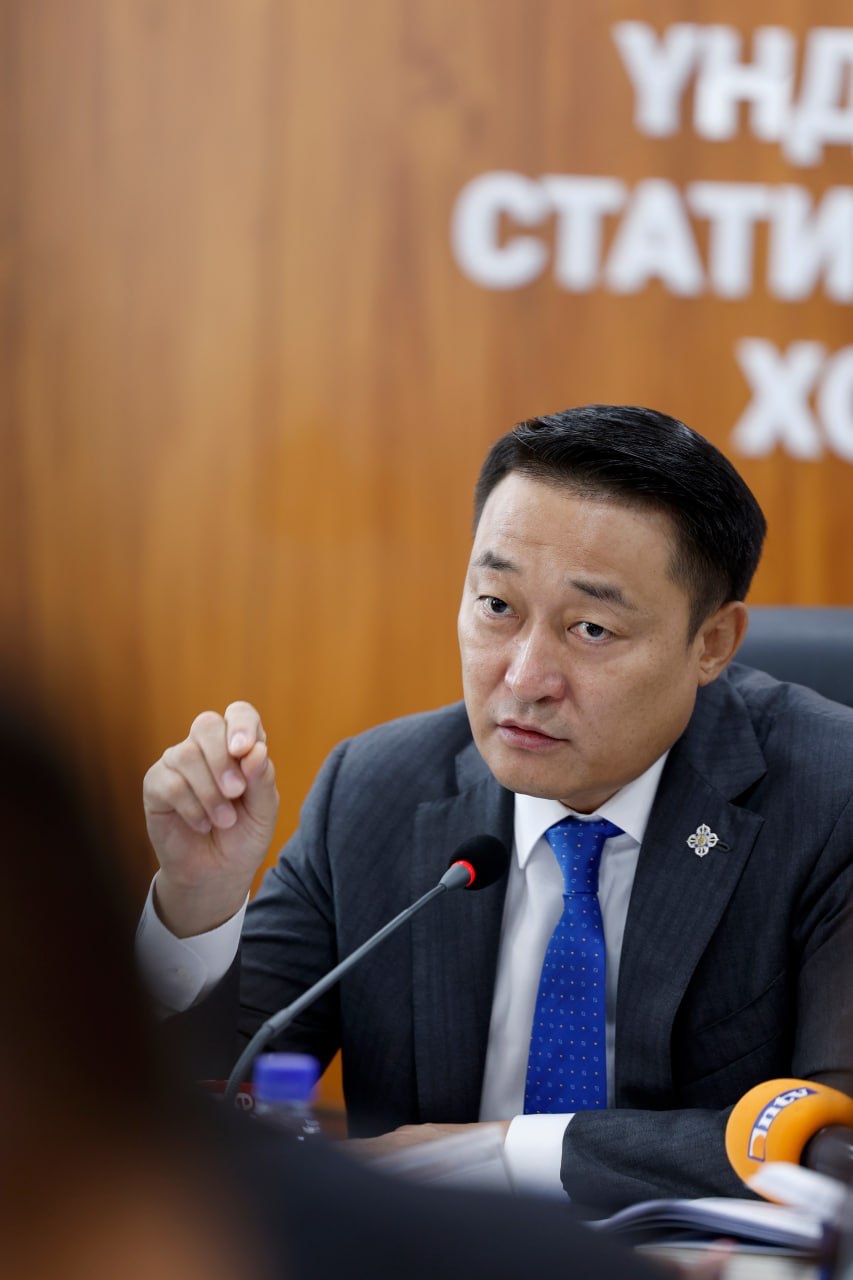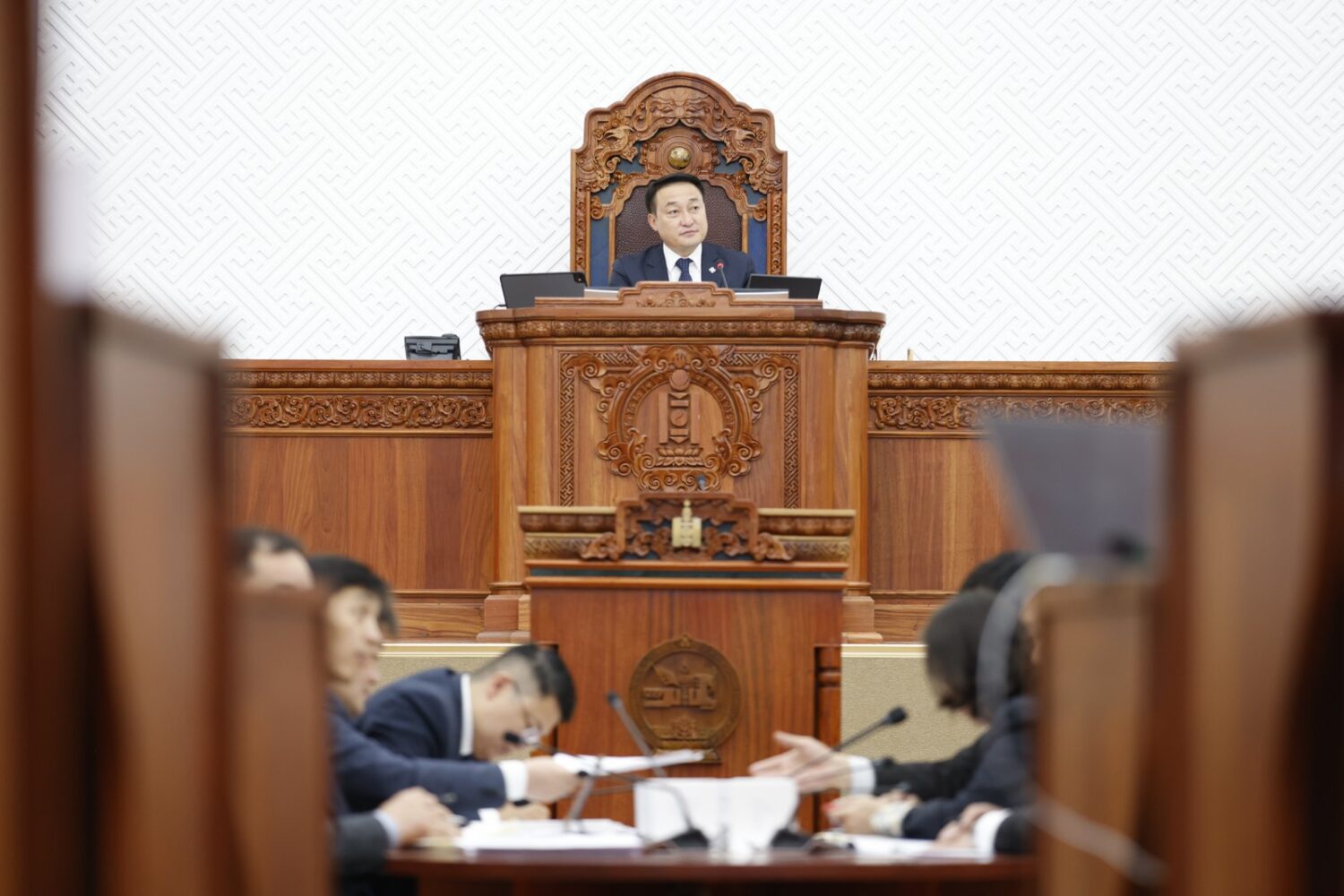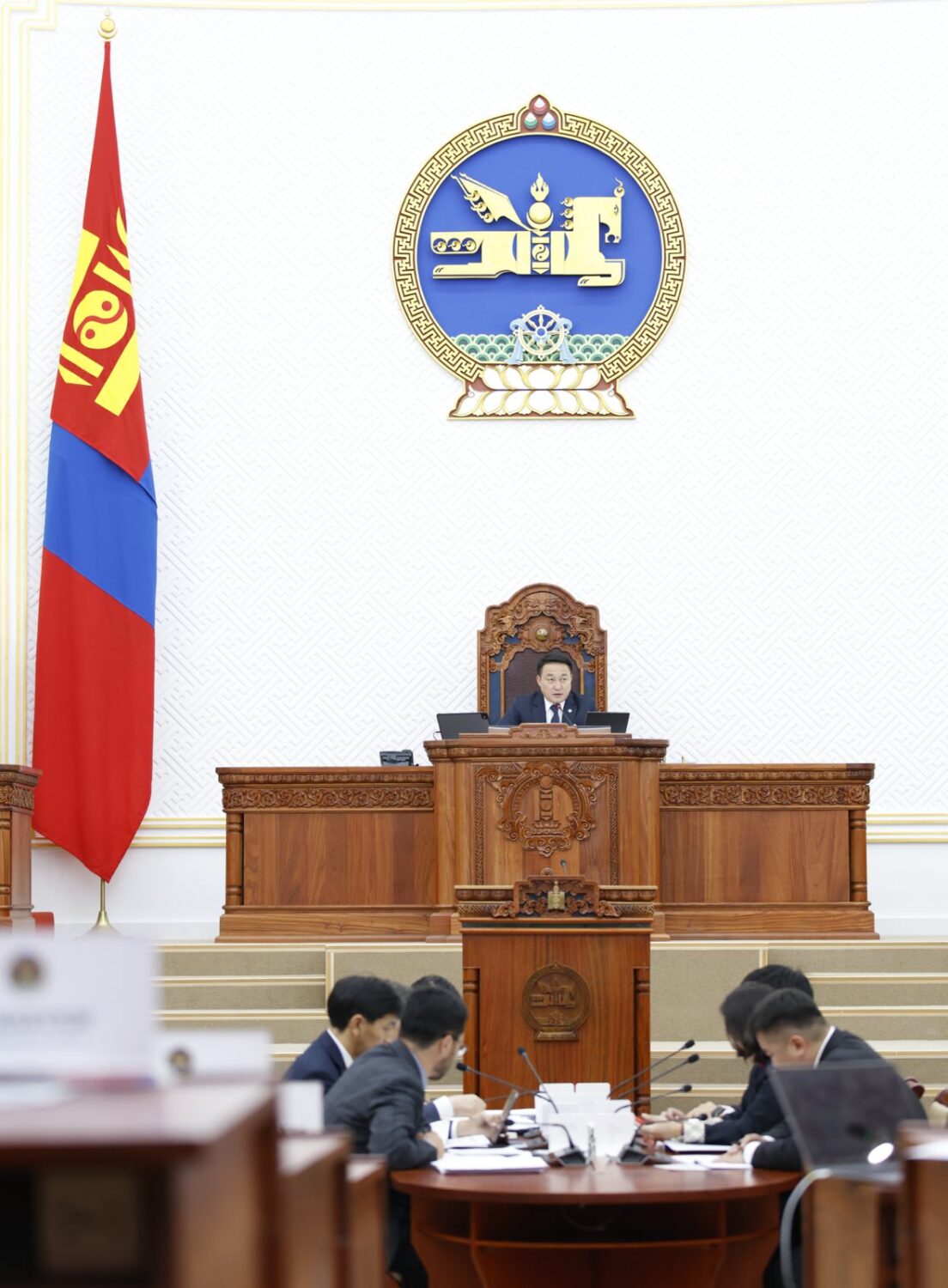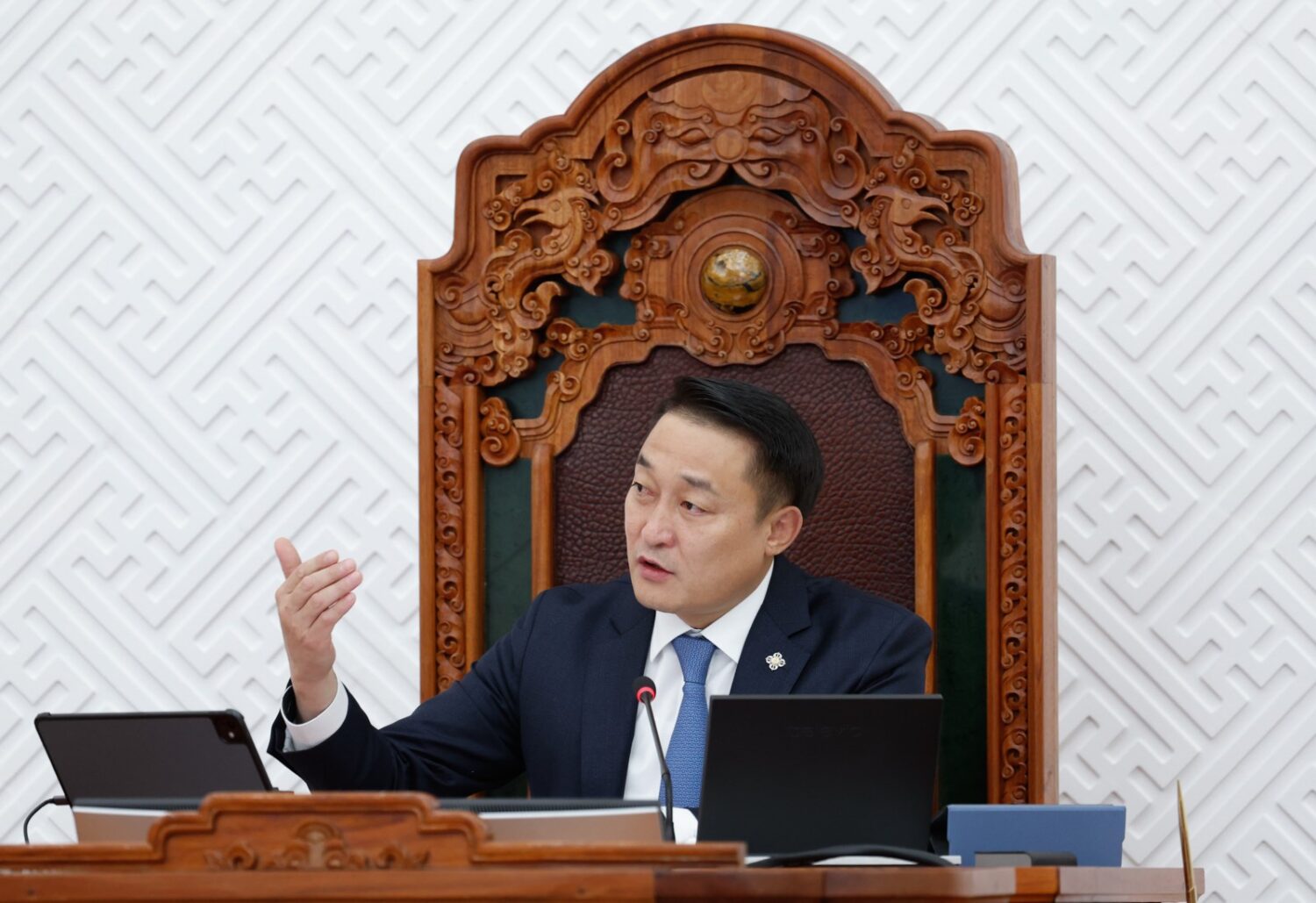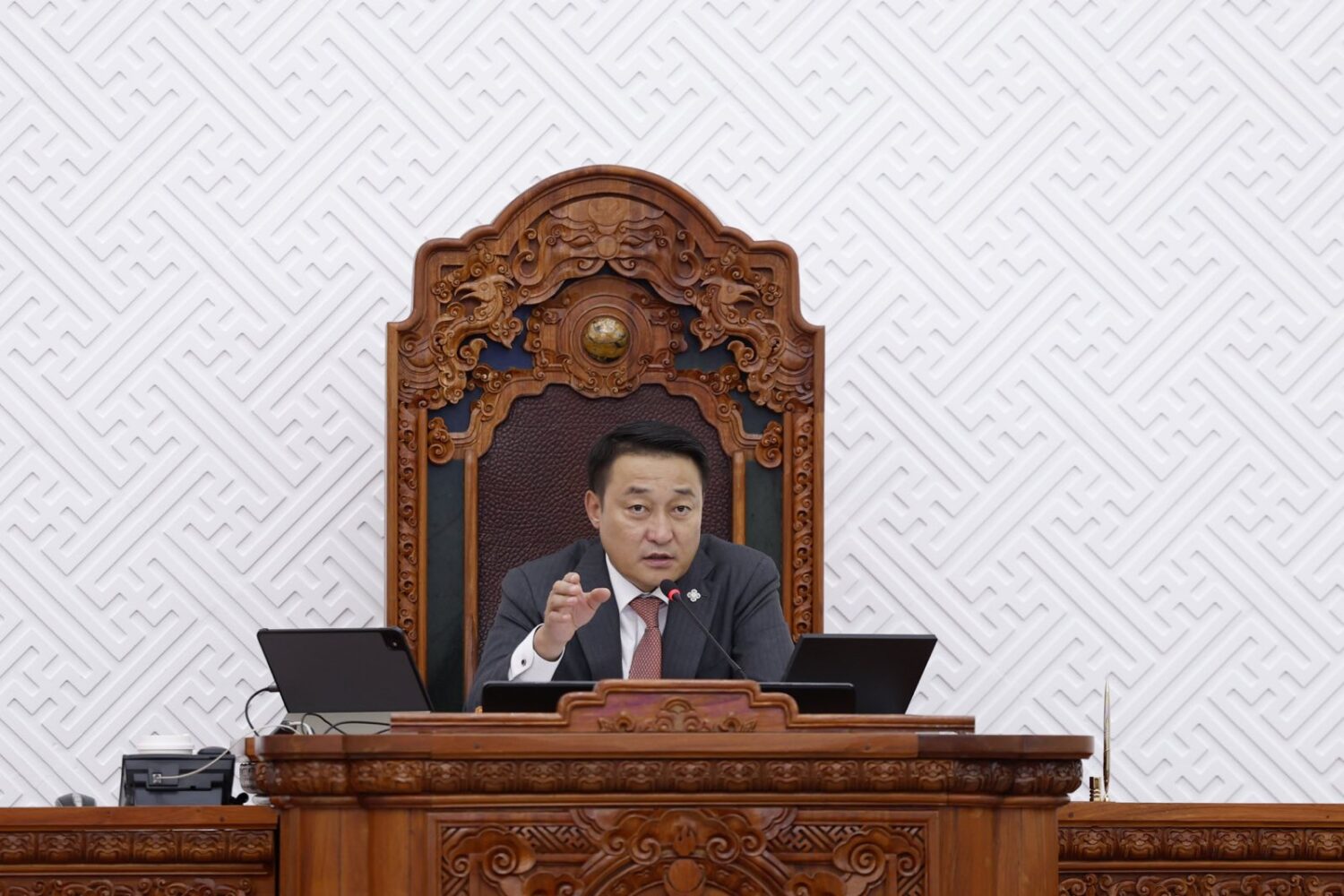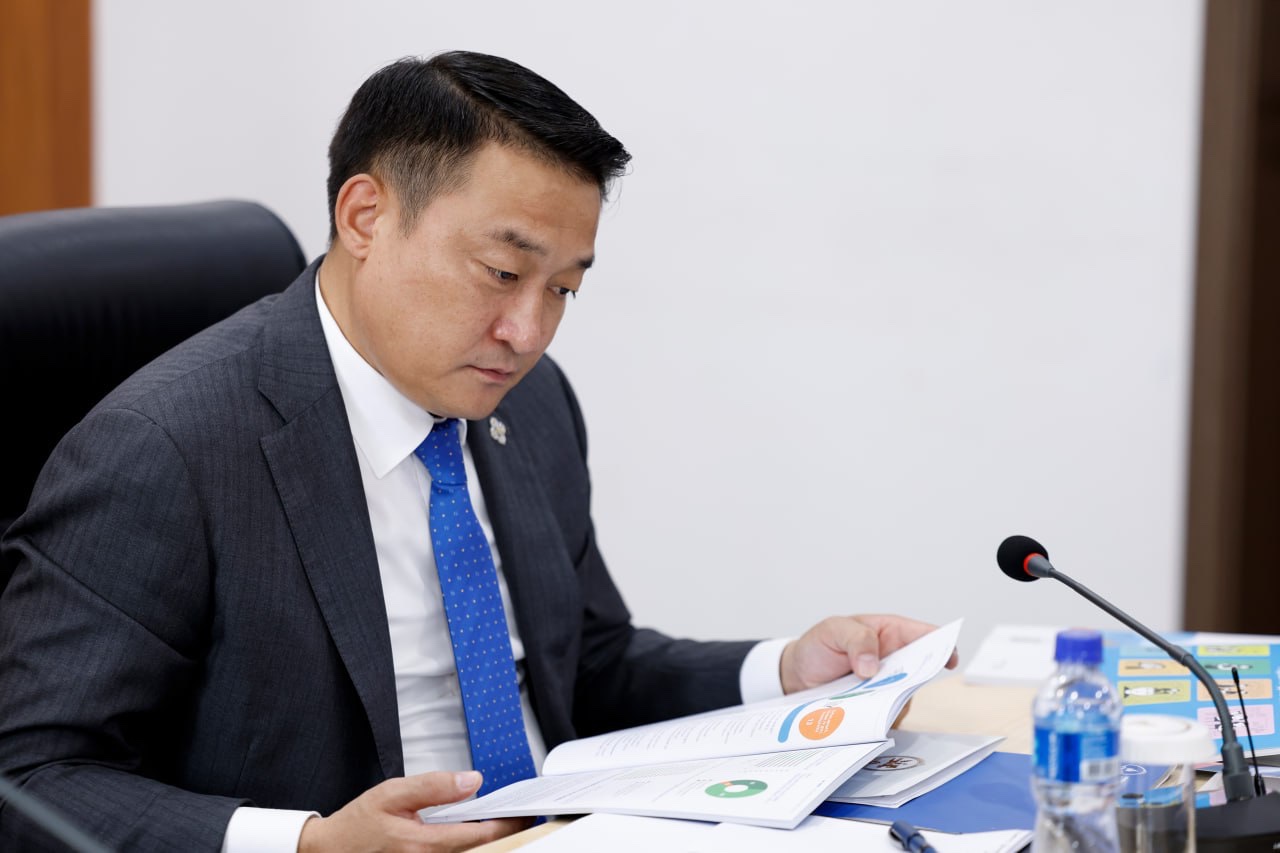The 1924 Constitution proclaimed: “From now on, the entire nation of Mongolia shall be called the People’s Republic of Mongolia, granting supreme power to its people. All matters of the state shall be carried out and resolved by the State Great Hural (Parliament) and the government elected by it, to be respected and adhered to by all.” This declaration marked a significant moment when power was peacefully transferred to the people, ensuring their constitutional rights to freedom and governance.
“This centennial represents a pivotal moment in Mongolia’s journey toward democratic governance,” said Amarbayasgalan Dashzegve, Chairman of the State Great Hural (Parliament). “The 1924 Constitution laid the foundation for the modern democratic state we continue to build today.”
Historical Significance of the 1924 Constitution
The 1924 Constitution introduced forward-thinking rights for its time, including gender equality, universal suffrage, and the separation of religion and state, alongside free education. It set the groundwork for many fundamental rights Mongolians enjoy today, paving the way for the democratic principles institutionalized in the 1992 Constitution.Modern Democratic Legacy and Celebrations
A century after its first Constitution, Mongolia's democratic journey continues to evolve. The current State Great Hural (Parliament) reflects this progress, with women holding 25.4% of seats - matching global averages - and 64% of lawmakers serving their first terms, bringing fresh perspectives to governance.Republic Day, marked annually on November 26 and designated a national holiday in 2016, has taken on special significance in 2024. This centennial year features nationwide commemorations, traditional events, and educational programs that honor Mongolia's constitutional heritage.
Building on this foundation, Mongolia's Parliament now champions democratic reforms through its "Parliament 2.0: Three Pillars of Excellence" initiative. This forward-looking program focuses on enhancing the legal system's effectiveness, responsiveness, and transparency, while prioritizing human rights, adaptability, and clarity. Through these efforts, Parliament 2.0 aims to strengthen democratic governance and ensure laws remain fair, relevant, and accessible to all citizens.
“As we honor our constitutional heritage, we remain focused on strengthening democratic institutions for future generations,” Chairman Dashzegve added.

